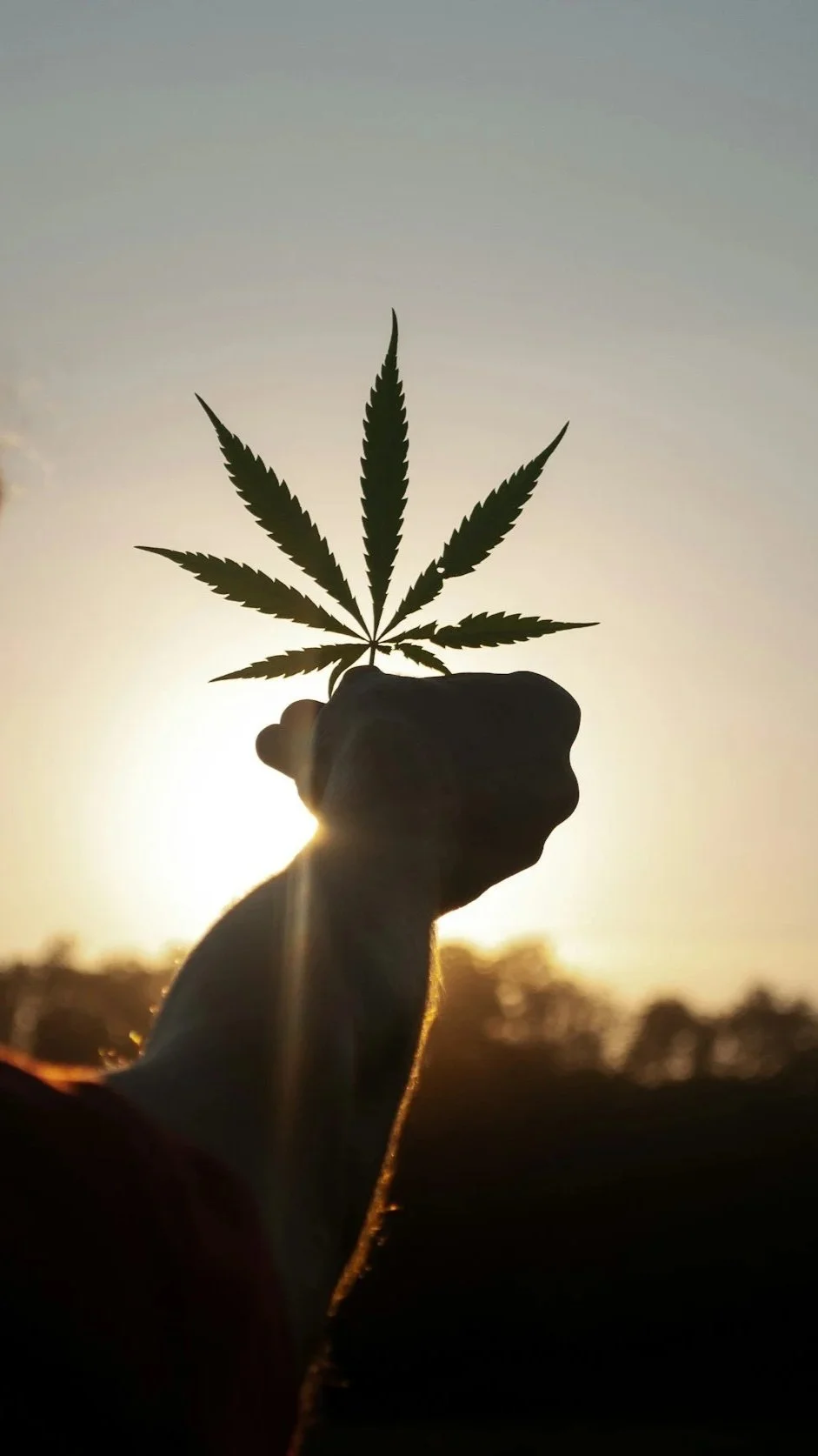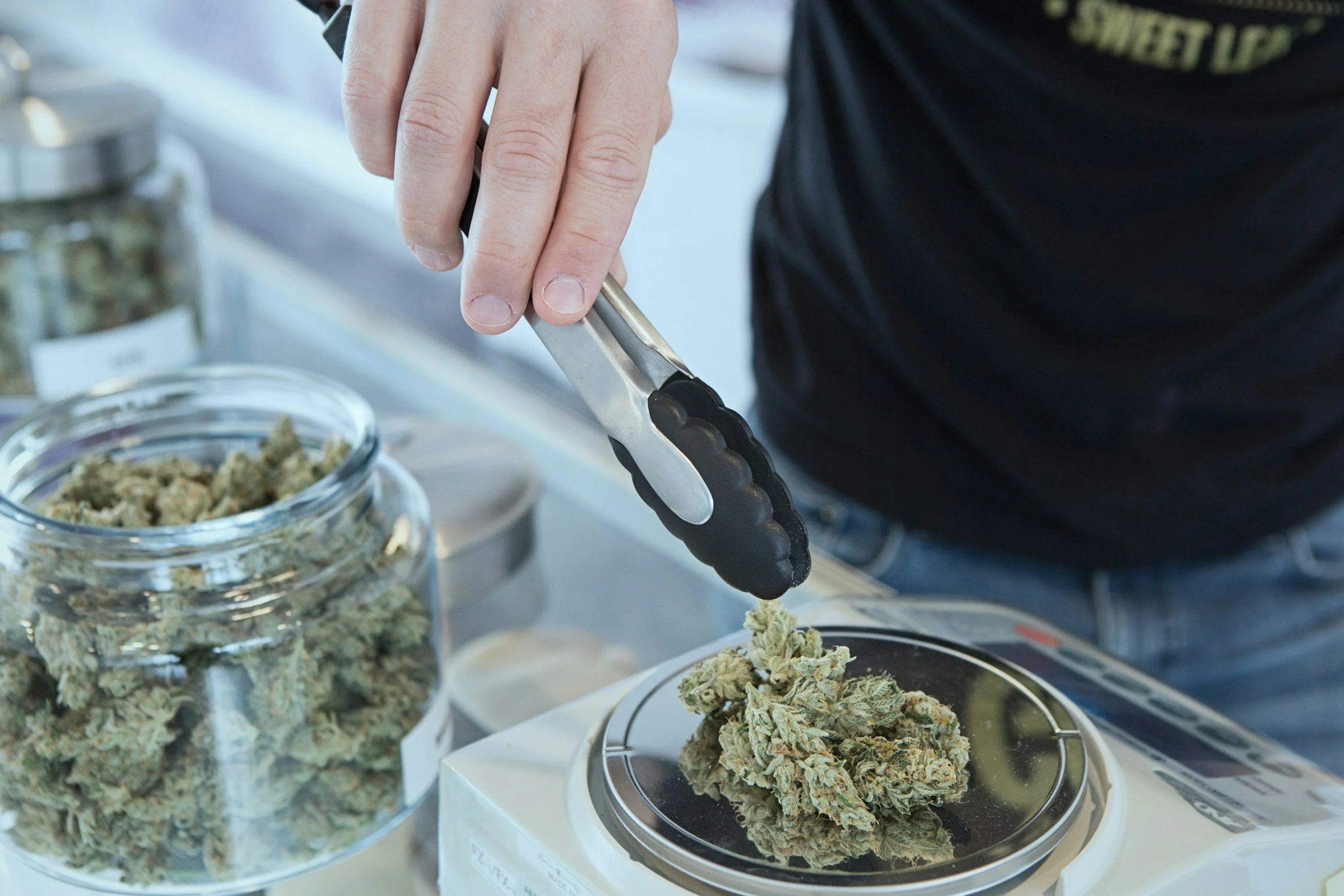Not Legal, Just Less Illegal:
Not Legal, Just Less Illegal: Understanding Marijuana’s Potential Move to Schedule III
President Trump just signed an executive order that could mark a shift in federal cannabis policy. While the order does not legalize marijuana, it does push the federal government toward rescheduling cannabis from Schedule I to Schedule III under the Controlled Substances Act. For cannabis business owners who have been operating under uncertainty for years, this is not just political noise. It is a real development with real consequences, especially when it comes to taxes, banking, financial structuring, cannabis research, and long-term market stability. Here’s what you need to know...
The Power to Tax is the Power to Destroy:
How Michigan Cannabis Businesses can Succeed in an Era of Heighted Taxation
In this world nothing can be said to be certain…except death and taxes.
Keep Calm and Comply On
The Cannabis Regulatory Agency (CRA) just dropped a major set of draft rule changes that every Michigan cannabis business needs to be aware of. While these rules aren’t official just yet, the writing’s on the wall, and savvy dispensary owners, growers, processors, and infused product makers should start prepping now.
Election Day 2024
It turns out, America is a lot more conservative than the media would have the world believe – this was most apparent from the various state ballot measures legalizing marijuana in 2024. On the eve of November 5, 2024, when Donald J. Trump was elected overwhelmingly to a second term as President, voters in four key Republican states also overwhelmingly voted against legal marijuana ballot measures…
(PART II: Federal Cannabis Crusader) BRIAN HANNA Taking Michigan’s CRA on a Federal Cannabis Crusade.
While Hanna and his CRA are busy cleaning up Michigan’s cannabis reputation, which took a hit with the federal indictment of Rick Johnson, the former head of the Cannabis license board, it’s not without a purpose. Hanna has seen the writing on the wall with Biden’s Marijuana Proclamation and the DEA’s public comment period on federal rescheduling of marijuana.
(PART I: War on Oils) BRIAN HANNA Taking Michigan’s CRA on a Federal Cannabis Crusade.
At a recent CRA meeting, attendees expressed concerns over the discovery that some vape cartridges and edibles contained unregulated CBD conversion oil and banned pesticides. The process of converting CBD to THC, which is not subject to the same testing as marijuana, poses potential health risks due to the lack of oversight and scientific research.
MCT Oil and Cannabis: New Michigan Requirements
On October 1st, 2024, the Michigan Cannabis Regulatory Agency (“CRA”) will require cannabis vape cartridges to be tested to MCT (medium-chain triglyceride) oil. MCTs are naturally occurring fats found in coconut and palm oil, and MCT oil is typically naturally derived from one of these two types of oil. MCT is thought to have potential health benefits when consumed as food, though may have negative health effects when inhaled.
Michigan cannabis cultivators have something new to celebrate
Historically, indoor cannabis cultivation – or any indoor crop – uses a staggering amount of power, especially when LED lights are not utilized. For any number of reasons, many cannabis cultivators use 1000W High-Intensity Discharge (HID) fixtures, such as High-Pressure Sodium (HPS) or Ceramic Metal Halide (CMH), to provide their plants with photosynthetic light energy. The enormous heat these powerful fixtures produce, plus extreme outdoor temperatures, put enormous stress on powerful HVAC systems. Add in fans, pumps, reheaters and other electronic equipment, and even a small cannabis grower can easily spend tens of thousands of dollars in utilities each year. For many growers, these utility bills can comprise about a third to a half of their annual operating expenses.
President Biden’s Proclamation: Rescheduling Cannabis is a B.F.D.
While many commentators have talked about descheduling, there wasn’t much talk about rescheduling going into this announcement. However, President Biden’s announcement on rescheduling is a BIG F#@KING DEAL for cannabis businesses. It has the potential to be the biggest change to ever happen to the U.S. cannabis industry, and in this article, we will explain why that is.
No Good Deed… Restricting Medical Dispensaries with Detroit’s New Ordinance
If you follow the Michigan cannabis industry at all, you are well aware that the City of Detroit has just passed an updated ordinance creating a recreational licensing program and is finally bringing recreational cannabis to the city. The ordinance has long been awaited as Michigan and Detroit legalized and then respectively opted into recreational cannabis in 2018. However, the city still does not have any recreational cannabis businesses within it.
Sign of Things to Come?
It is no secret that one of the largest obstacles for business owners in the cannabis industry is financing. The investors are certainly there at every level, from the individual angel investor, to medium-sized state investment firms, to large-scale commercial banks and blue-chip investment lenders. The issue arises at the large-scale banking level because those banks and investment firms are federally regulated entities – and cannabis is a federally illegal substance under the Controlled Substance Act (CSA) – meaning that despite numerous state legalizations, those entities cannot invest in any business that works with, or in any way touches, cannabis.
New Federal Court Ruling: Delta-8 THC is NOT an Illegal Substance
A very recent decision by the federal court for the Ninth Circuit of Appeals in California granted an injunction that has the potential to give delta-8 THC legal status across the U.S. The issue of the case, AK Futures v. Boyd Street Distro, focused on a claim by AK Futures that the defendant was illegally selling a counterfeit version of its properly-trademarked products without AK’s consent. In its defense, Boyd Street Distro claimed that it indeed could sell the “allegedly-counterfeit” products because these products contained delta-8 THC, making them federally illegal and therefore impossible to be protected by trademark. Thus, the crux of the issue hinged on whether or not delta-8 THC is considered federally legal or illegal under the 2018 Agriculture Improvement Act (Farm Bill).
From Canna-ballot to Canna-business: Opt-In Petitions and City Elections
Whether we call it Marijuana, Marihuana, or Cannabis, Michiganders statewide have voted (several times now) to give themselves the right to have and enjoy Marijuana legally inside the state. But what does that mean exactly as far as the right to establish a business that grows, sells, and distributes cannabis (marijuana, or marihuana)?
Best Practices to Remain Compliant with the CRA in MI
The Cannabis Regulatory Agency of Michigan (CRA), formerly the Marijuana Regulatory Agency (MRA), is virtually the same agency post name-change. In an effort to recognize the proper scientific name of the product it monitors, the Cannabis Regulatory Agency has released a new set of Best Practices for all CRA stakeholders. These new practices will add to the prior regulations updates released by the MRA last year. The new Best Practices release follows on the heels of the rebrand from MRA to CRA –the new set touches on nearly every aspect of how to stay compliant in the cannabis industry of Michigan.
Protect your Neck with SOPs: How Your Cannabis Company can Thrive in the Face of CRA and Employee Pressures
Standard Operating Procedures. Whether you are familiar with the term from years in other industries, or have never heard the term before, a Standard Operating Procedure is a step-by-step guideline created by your company’s management team that lists all written instructions for how an individual part of your business’s operation is to function.
Bankruptcy in the Cannabis Industry: Growing Pains of a Maturing Market
The cannabis industry’s exponential growth is catching up to itself – recent market price values show that the vast number of cultivators have saturated the industry’s supply. This saturation forecasts an inevitable price dip that results from too many suppliers and too few commercial purchasers able to get the product to consumers.
Good Agricultural Collection Practices – GACP: Worth It.
In a recent rule publication, the Cannabis Regulatory Agency (CRA) has released a new regulation regarding the sale and transfer of immature plants. The market for the sale and transfer of immature plants is expanding because immature plant sales allow cultivators and dispensaries to cut harvesting timelines and get products in customer’s hands faster. The CRA’s new guidance aims to streamline the immature plant seed-to-sale process by giving greater sale and transfer leeway for cultivators in Michigan with a Good Agricultural Collection Practices (GACP) certification.
MRA: New Rules Enacted
Following its new rule proposals from the summer session, the MRA has finalized new regulations that will make some significant changes to many processes under MRA control. These changes will affect the entire application procedure, from costs to the structure of the applications themselves. These rules are now finalized and are set to take effect this Monday, March 7th, 2022.
Conversion Oil May Be Coming To Michigan: The Beginning of the End of Licensed Outdoor Cultivation?
Some of the most popular cannabis products across the industry are cannabis-infused edibles and cartridges. Cannabis-infused edible products are produced by licensed processors, who use an intensive process that involves extraction equipment needed to extract concentrated oil from cannabis plant matter before adding that oil into normal baked goods or other confectionary goods. This distilled oil, also referred to as “distillate”, is also used for vaporized cartridges. Michigan’s Cannabis Regulatory Agency (CRA) recently proposed a new rule that would allow licensed processors to purchase industrial hemp for the purpose of producing conversion oil to be used for cannabis products for sale in Michigan’s licensed cannabis market.




















